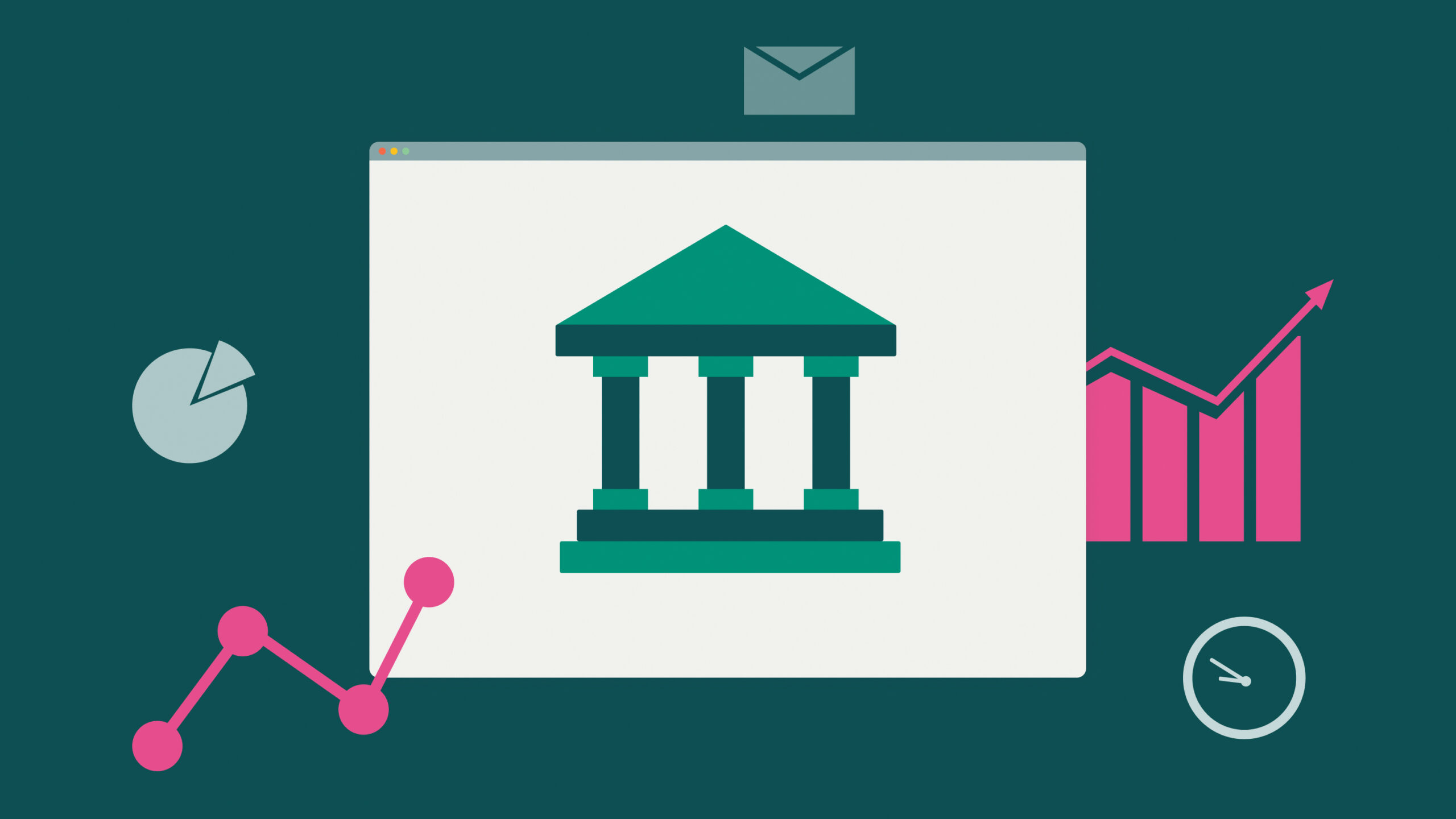Estimated reading time: 10 minutes
In today’s competitive e-commerce landscape, providing a superior customer experience is crucial for business success. Personalization is becoming increasingly important as consumers demand a more tailored and engaging shopping experience. According to research conducted by Epsilon, 80% of shoppers are more likely to purchase products from a company that offers personalized experiences.
By providing personalized experiences, e-commerce businesses can increase customer engagement and loyalty, leading to higher sales and revenue.
What Is Personalized Marketing?
Also known as one-to-one marketing, personalized marketing is a strategy that involves using collected customer data to create specific messaging targeting an individual consumer.
Personalized marketing uses data and technology to create unique experiences for each customer, taking into account factors such as their demographics, interests, purchase history, and online behavior.
Informative Data

To get to know your customers better and identify their expectations, start by collecting “declarative” data, in other words, the information they have provided voluntarily. These basic customer data are the easiest to collect: first name, last name, e-mail address, and telephone number constitute the foundations of the customer relationship since they are the ones that allow dialogue to begin.
Some optional fields related to socio-demographic data, in particular, may be relevant to refine the profile of your customers and know their geographical area, for example. If you want to collect this information, take the time to identify logical and non-intrusive touchpoints through which you can invite your customers and prospects to fill out a form.
Behavioral Data
Generated when browsing your site (or during checkout if you have points of sale), behavioral data, known as “non-declarative,” allows you to deepen customer knowledge: date of last purchase, number of products purchased, average basket value, frequency of purchases, abandoned baskets,
All this information recorded and compiled using CRM tools says a lot about the attitude of your customers towards your products or services. However, it should be noted that certain data is specifically regulated: the new General Data Protection Regulations (GDPR) have required companies since 2018 to inform customers and prospects of how their personal data is centralized and analyzed.
Their processing requires the prior consent of Internet users via the acceptance of advertising cookies, not only to guarantee the legal use of this information but also to reassure users in search of transparency.
Customer empowerment marks a new turning point in companies’ strategic priorities. Faced with increasingly tough competition, resorting to ultra-personalization is becoming essential for re-enchanting the customer experience.
Effective Personalized Marketing Strategies for E-Commerce
Here are a few examples of effective personalized marketing strategies that e-commerce businesses can use to improve customer engagement, increase sales, and build loyalty:
Personalized User Experience
When Netflix created its “continue watching” feature, it changed the landscape of e-commerce.
The ease that came from picking up right where you left off with a simple click improved the user experience on the platform. It eliminated the need to scroll through hundreds of options just to select one thing to watch.
E-commerce websites soon realized that making customers browse through thousands of products was no longer sustainable and caused bounce rates to increase. To help eliminate this issue, they implemented “continuous shopping” to create a better user experience.
An example of this is ASOS’s website. As an international brand, it offers shipping and multiple languages on the site. As part of its continuous shopping experience, the site remembers a visitor’s language and currency, as well as favorited or recently viewed items, so they can pick up right where they left off.
Personalized Product Recommendations

By analyzing a customer’s browsing and purchase history, e-commerce businesses can provide personalized product recommendations based on a customer’s interests and preferences. For example, Amazon’s “Recommended for You” feature suggests products that are similar to items the customer has already purchased or viewed.
Customized E-Mail Campaigns

As far as e-commerce is concerned, personalized e-mailing becomes essential for announcing the opening of a store near a customer’s home, announcing a discount on a product added to the favorites, alerting on an abandoned cart, or even offering new products based on the latest purchases made.
By presenting them with offers that suit them (and from which they can unsubscribe at any time), you have all the cards in hand to convince your customers that you have identified their tastes!
If your customer belongs to the ISTJ personality, you should emphasize reliability and detailed information in your offers to align with their preference for structure and dependability.
Dynamic Pricing
You can use dynamic pricing algorithms to offer personalized pricing to customers based on their browsing and purchase history. For example, customers who frequently purchase high-end or more expensive products might receive a discount on their next purchase to encourage them to keep shopping with the business.
Personalized Ads
Digital ads are a safe bet to increase your visibility and attract new customers, provided you deliver relevant and targeted campaigns. For this, social networks like Facebook, LinkedIn, or Instagram are particularly effective. Thanks to audience targeting, they are a good way to leverage your customer knowledge: choose to show your advertising message to qualified prospects based on age, gender, city, and other personal data that they filled in their profile!
You can use retargeting ads to show personalized ads to customers who have previously visited your website. For example, a customer who has viewed a specific product might see an ad for that product or a similar one when browsing other websites.
Personalized Customer Service

Thanks to the personal data collected from your users, you are also able to deepen the customer relationship.
The goal? Bring a more human dimension, almost friendly, in the exchanges between your brand and your customers. The humanization of the brand, also called “digital relationship,” gives the impression of a unique bond with each of them.
This individual discourse can manifest itself through omnichannel customer service, whether through private messages on social networks (Facebook, Twitter, WhatsApp chat) or through a chatbot added directly to the site.
Personalized Content
You can use personalized content, such as product guides or blog posts, to provide helpful information to customers based on their interests and preferences. For example, a customer who has previously purchased outdoor gear might receive a guide to the best hiking trails in their area.
Benefits of Personalized Marketing for E-Commerce
Personalized marketing can bring many benefits to your e-commerce businesses. Here are some benefits:
Increased Sales

Personalized marketing can lead to higher sales, as much as a 20% increase, by providing customers with more relevant product recommendations, promotions, and content. By tailoring marketing messages to individual customers, businesses can create a more engaging and persuasive online shopping experience.
Improved Customer Loyalty
It can help businesses build stronger relationships with their customers by showing that they understand and care about their needs and preferences. By providing personalized offers and experiences, businesses can encourage customers to keep coming back.
In fact, Segment released “The State of Personalization 2021,” which found that 60% of consumers claim they will remain loyal to an e-commerce store and become repeat buyers.
Enhanced Customer Experience
It can help create a more seamless and enjoyable shopping experience for customers. By providing relevant recommendations and content, businesses can make it easier for customers to find what they are looking for, increasing their satisfaction with the online shopping experience.
Better Customer Insights
It relies on customer data to create customized experiences. By collecting and analyzing customer data, businesses can gain valuable insights into customer behavior and preferences, allowing them to optimize their marketing strategies and improve their offerings.
Competitive Advantage
It can give businesses a competitive edge by providing customers with a more tailored and engaging experience. By standing out from the competition, businesses can attract new customers and retain existing ones.
Better ROI
This can lead to a higher return on investment by creating more effective and targeted marketing campaigns. According to a study conducted by McKinsey, e-commerce brands that utilize personalized marketing earn up to 40% more revenue.
Overall, this marketing can be a powerful tool for e-commerce businesses to increase sales, build customer loyalty, and provide a better shopping experience for their customers.
Final Thoughts
Personalized marketing is a powerful strategy for e-commerce businesses looking to improve customer engagement, increase sales, and build loyalty. By using data and technology to create tailored experiences for individual customers, businesses can provide more relevant product recommendations, promotions, and content, leading to higher customer satisfaction and loyalty.
Effective personalized marketing strategies for e-commerce businesses include personalized product recommendations, personalized e-mails, dynamic pricing, personalized retargeting ads, and personalized content. By implementing these strategies, e-commerce businesses can stand out from the competition and create a more compelling and effective shopping experience for their customers.
Author Bio: Rakesh Donga is a Certified Magento Developer and CEO at MagentoBrain with 8+ years of experience in e-commerce development. MagentoBrain is the leading e-commerce web development company that also offers Magento 2 Migration, Magento 2 Upgrade, e-commerce solutions, and other IT solutions.
Contact Matchbox Design Group Today!
If your website could use a refresh, if you’re looking to drive more traffic to your site, or you would like to submit a guest post, fill out the form below and we’ll contact you to learn more about your digital needs.
Personalized Marketing FAQ
Q: Do personalized ads make more money?
A: Absolutely! Personalized ads have proven to be a lucrative strategy for businesses. Research indicates that personalized marketing can lead to a significant increase in revenue—up to 40%, according to a study conducted by McKinsey. By tailoring advertisements to specific customer preferences, businesses can enhance engagement and increase the likelihood of conversion, ultimately contributing to higher revenue.
Q: Does personalization increase sales?
A: Yes, indeed! Personalization plays a crucial role in boosting sales for e-commerce businesses. By analyzing customer data and tailoring product recommendations, promotions, and content based on individual preferences, businesses can create a more engaging and persuasive online shopping experience. According to industry insights, personalized marketing can result in a substantial sales increase, potentially up to 20%.
Q: What is the issue with personalized advertising?
A: While personalized advertising offers numerous benefits, it also comes with challenges, especially in terms of privacy concerns. Striking the right balance between providing a personalized experience and respecting customer privacy is essential. The implementation of data protection regulations, such as the General Data Protection Regulations (GDPR), ensures that businesses inform and seek consent from users regarding the collection and use of their personal data.
Q: What percentage of customers want personalization?
A: A significant majority of customers express a preference for personalized experiences. According to industry reports, around 80% of shoppers are more likely to make a purchase from a company that offers personalized experiences. This underscores the growing demand for tailored interactions and highlights the importance of incorporating personalization strategies into the overall marketing approach.
Q: How does personalization increase customer retention?
A: Personalization plays a pivotal role in enhancing customer retention by fostering stronger relationships between businesses and their customers. When customers feel understood and valued, they are more likely to remain loyal to a brand. Personalized experiences, including tailored product recommendations, exclusive offers, and customized communication, contribute to a positive and memorable customer journey. The result is improved customer satisfaction and a higher likelihood of repeat business, as evidenced by the findings of Segment’s “The State of Personalization 2021.”



